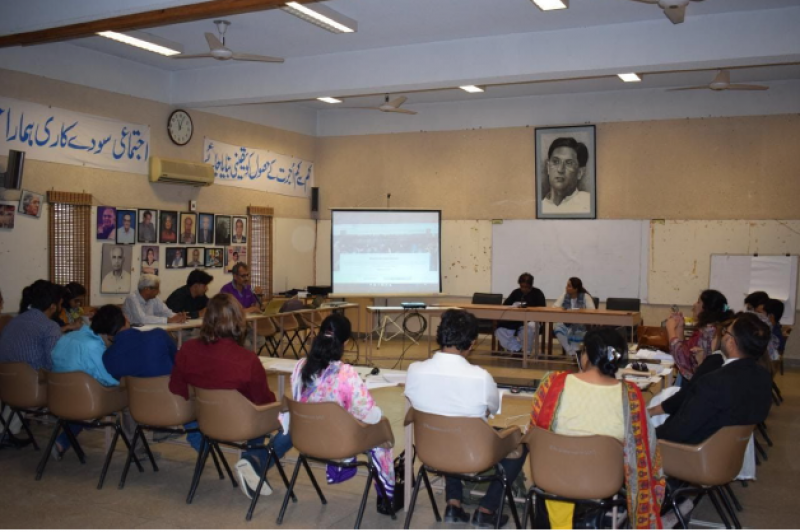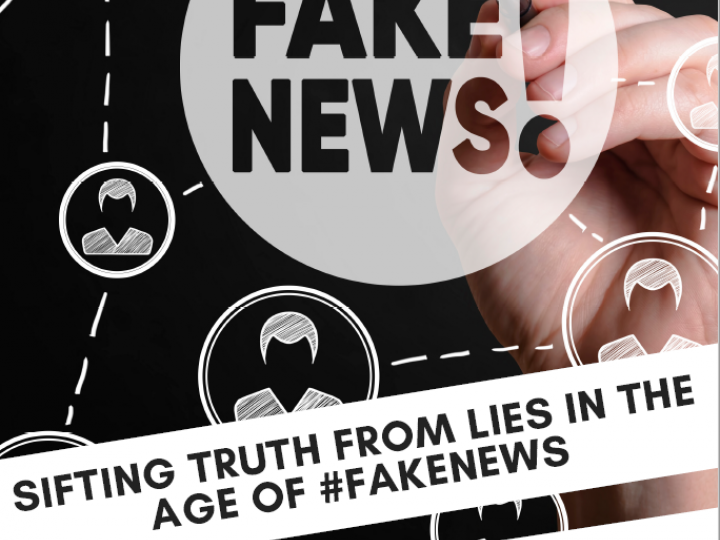In the digital age, fake news has become a well-known phenomenon. The spread of false information is often used to confuse or discredit mainstream media and political opponents, but can also ignite social tension and riots. Fake news is blurring the distinction between real and false information, and is often spread on social media. The DRF report, which builds on the experiences of 152 journalists and activists in Pakistan, presents that more than 88 % of the participants find social media platforms as the worst source for information, with WhatsApp being the absolute worst. Twitter is also among the biggest platforms for fake news in Pakistan.
"Social media, particularly WhatsApp, is a hotbed for spread of false information" Digital Rights Foundation

The report also presents that 8 % of the Pakistani journalists involved in the survey claimed that fact-checking of information was not done in their newsrooms, and that they often believed false information to be true. However, the fake news allegations that many journalists frequently face in Pakistan, have led to an increased interest to fact-check information. The study carried out by DRF highlights the urgent need to promote media literacy in Pakistan, and calls out all stakeholders involved to engage in rebuilding the credibility of journalism in the country.
The Digital Rights Foundation aims to strengthen and protect human right defenders in digital spaces through policy advocacy and digital security awareness-raising. The Norwegian Human Rights Fund has supported DRF for more than two years.

